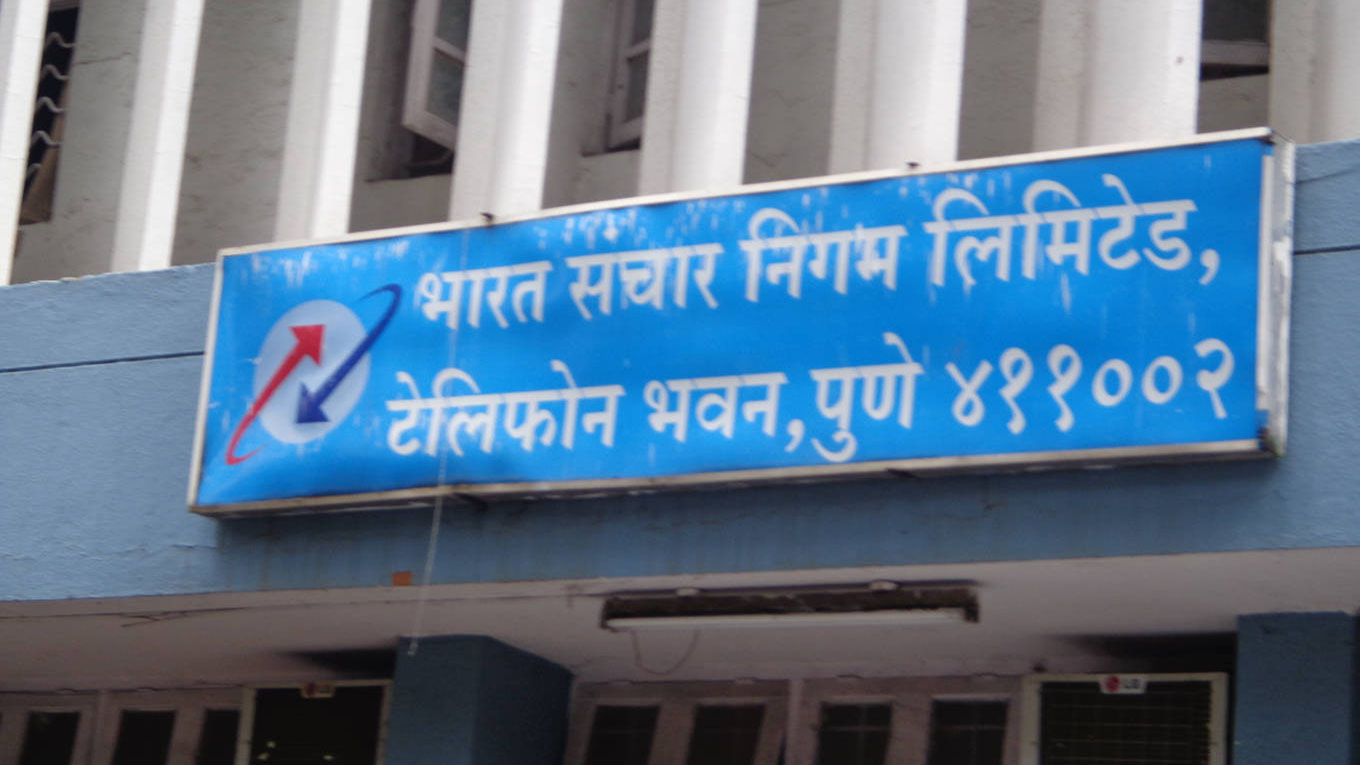
Connectivity is the essence of economic development without a doubt. To make connectivity, all pervasive five pillars are required for tsunami-like growth. They are: devices, content, applications, technology (mantra has to be application of technology to connect masses), and affordability. Simple economic principles tell us that with volumes comes economies of scale and affordability. 2021 saw some initiatives by way of incentives to produce more, relieve stress in the sector by grant of moratorium in payments of past dues to increase liquidity for investing in infrastructure. An important revision is the definition of what is deductible from gross revenues to arrive at Adjusted Gross Revenues (AGR) on which are based various government levies amounting to some 30 per cent-plus. These reforms are path-breaking indeed. However, the moratorium in payment by four years does not come free. It carries a burden of interest costs for deferred payment against a pious hope that industry would become more efficient to generate enough surpluses to take care of the interest burden. Most likely nearer the date they might revert to waivers of interest payments in typical ‘Yeh Dil Maange More’ style. Of course there are other reforms like abolition of bank guarantees, revision in calculations of penalties which were ballooning with each passing year, accompanied by rationalisation of the interest rate at which the penalties were calculated. Yet another path-breaking amendment was revoking retro taxation. Within weeks of the death of the architect of retro taxation, the Government was blackmailed and conned into accepting that retro taxation was bad in law (Tax Terrorism as termed by some), though practiced world-wide, especially in the UK, for the good of the public since the 19th century. Be that as it may, the logjam breaking reforms taken by the government were bold, pragmatic and investor friendly. However, a key, but fundamental reform is yet to be taken, which is rationalisation of levies. Recently there has been a statement that telecom is for the public good, revenue maximisation from telecom is not the aim of the government but proliferation of affordable public service is. It is planned to auction spectrum for variety of services in 2022. The hint was to reduce input costs by rational expectations in the pricing of spectrum. Here let me pose a question: Why is the industry being taxed linearly and in perpetuity having to pay around 30 per cent-plus in levies? That in itself is the antithesis of the stated objectives. A linear taxation is nothing, but revenue maximisation by taxing the success of the industry, resulting in reduced surpluses to plough back into building infrastructure, increasing borrowings, etc. It is time these levies are revisited in order to have a scientific approach of spectrum input costs, and ongoing receivables in the form of levies. Introduce a concept of revenue neutralisation. I am by no means suggesting that scarce national resource be distributed as in the 2G scam era, but certainly by a market driven economic price discovery.


































